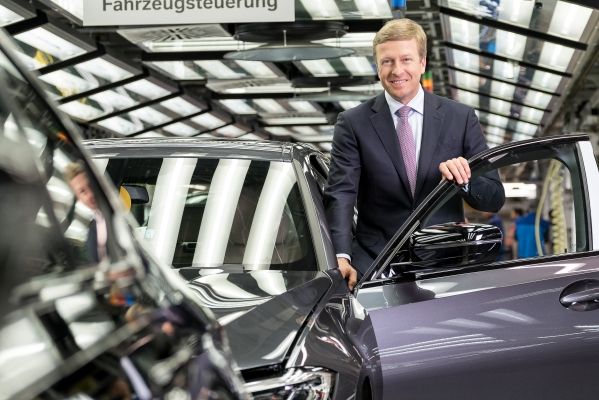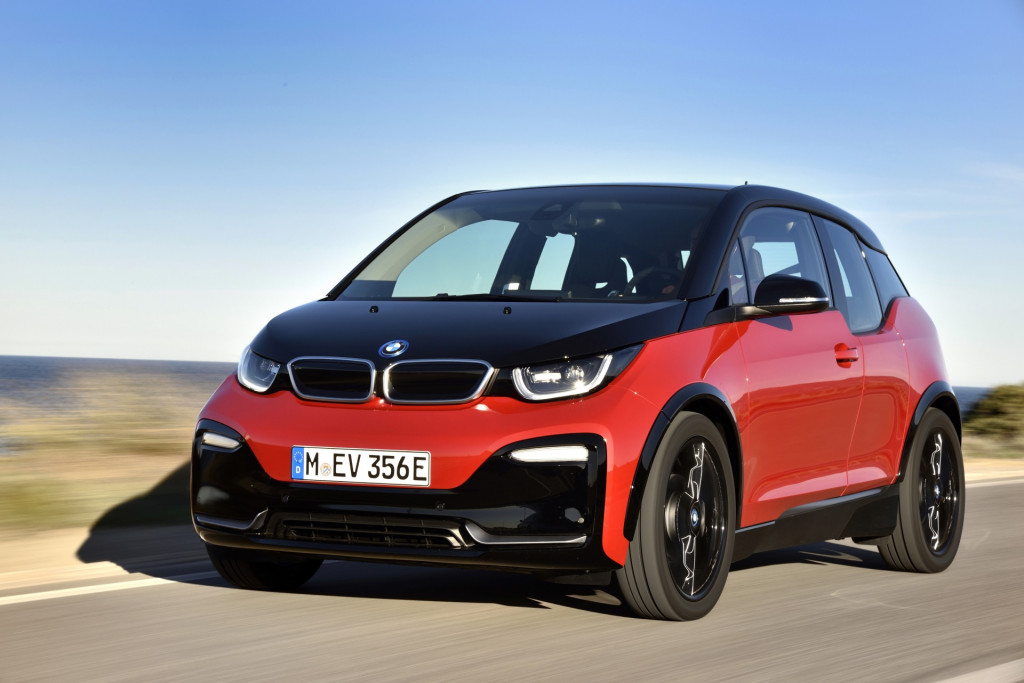BMW is doubling down on its strategy of building electric versions of its mainstream cars, rather than a separate line of EVs.
That strategy was pushed by Oliver Zipse, who will take over as CEO from Harald Krueger on August 16, and it gives the company more flexibility to produce electric cars—on the same assembly lines as internal-combustion and plug-in hybrid versions.

Incoming BMW CEO Oliver Zipse
The new approach has a template: BMW has built its battery production facility as part of a flexible space inside its main car factory in Dingolfing, in case demand for electric cars doesn't materialize. That also saves billions of dollars in engineering as the company faces the need to develop new self-driving cars (some in partnership with Daimler) alongside new electric powertrains and the surrounding support infrastructure.
According to its latest plans, BMW expects to build 25 new plug-in models, including 13 all-electric cars by 2023, the first of which will be the all-new 2020 Mini Cooper SE.

2018 BMW i3s
The approach is quite a course change from BMW's former electric-vehicle trajectory. With the i3 and i8, introduced in 2014 and 2015, respectively, BMW became an early leader in electric cars. It made grand plans for some of the ancillary points, laying plans to develop a support network of car-sharing programs, charging infrastructure, and apps to support them. But the weight-saving carbon-fiber bodies for these vehicles are expensive to build, and sales of the i3 have continued to lag early expectations.
Although little of the surrounding infrastructure came to be, critics have charged that the company squandered that early lead when it ceased developing new dedicated EVs after those models, and focused instead on developing slow-selling, short-range plug-in versions of its existing sedans and SUVs.
Perhaps with the flexibility to produce electric versions of nearly its entire lineup, the brand might regain some of that lost momentum.












